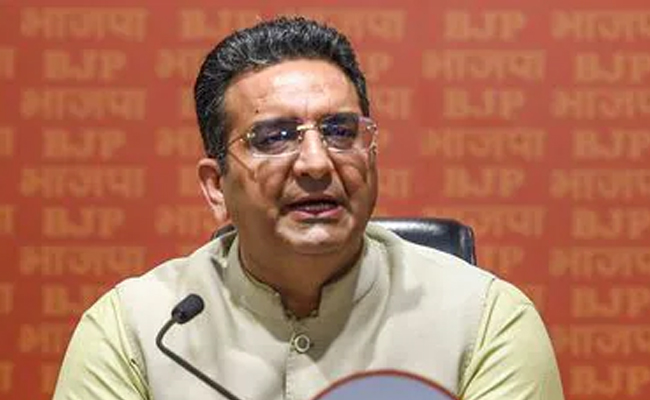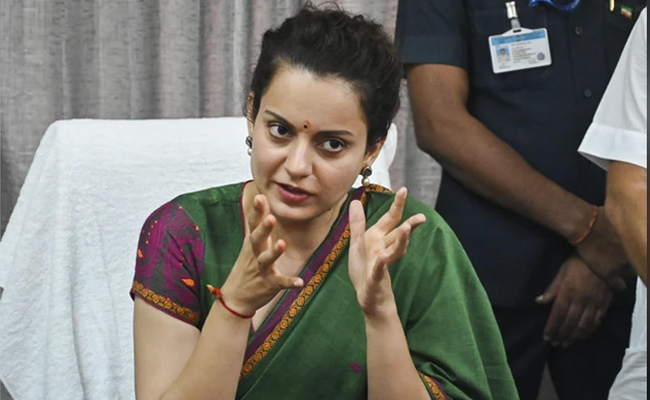New Delhi: India’s passport ranking has fallen to 148th place among 199 countries, down from 147th last year, in a list of the world’s most powerful passports, according to the latest Nomad Capitalist Passport Index 2025.
The index, released by the tax and immigration consultancy firm Nomad Capitalist, ranks passports based on five key parameters: visa-free travel (50%), taxation (20%), global perception (10%), dual citizenship (10%), and personal freedom (10%).
The index uses government data from 199 passport-issuing countries and territories, alongside real-time intelligence and proprietary research, to measure the ease of travel, which includes visa-free access, visa on arrival, and electronic travel authorizations (eTA/eVisa).
India shared the 148th spot with the East African country of Comoros, with a total score of 47.5. Last year, it held the 147th rank with Mozambique.
Ireland was ranked as the world’s strongest passport of 2025 on the Nomad Capitalist Passport Index, due to Irish citizens’ “right to live and work freely across the European Union and, uniquely, in the United Kingdom”.
Switzerland followed in second place, followed by Greece, Portugal, Malta, Italy, Luxembourg, Finland, Norway, the United Arab Emirates, New Zealand and Iceland. The United States held the joint 45th rank alongside San Marino.
On the opposite end of the spectrum, countries like Pakistan, Iraq, Eritrea, Yemen, and Afghanistan were ranked among the weakest passports, placing from 195th to 199th.
Let the Truth be known. If you read VB and like VB, please be a VB Supporter and Help us deliver the Truth to one and all.
New Delhi (PTI): The BJP on Wednesday accused the Congress of running misleading propaganda over the trial court's decision in the National Herald case and said the court refused to take cognisance of the complaint but did not set aside the case.
The case is still pending trial in the Delhi High Court, and the trial court in its order on Tuesday said that the Enforcement Directorate (ED) can continue its investigation, BJP national spokesperson Gaurav Bhatia asserted.
"The court yesterday (Tuesday) said that since it is a private complaint and no FIR has been lodged, it will not take cognizance of it. It's a technical matter. The court also said that ED can continue its investigation further. The court did not set it aside," Bhatia told a press conference at the BJP headquarters here
"Its trial is still going on. Sonia Gandhi is still Accused Number-1 and Rahul Gandhi Accused Number-2," the BJP spokesperson said, alleging, "The Gandhi family thrives on deceit, deception, and propaganda."





